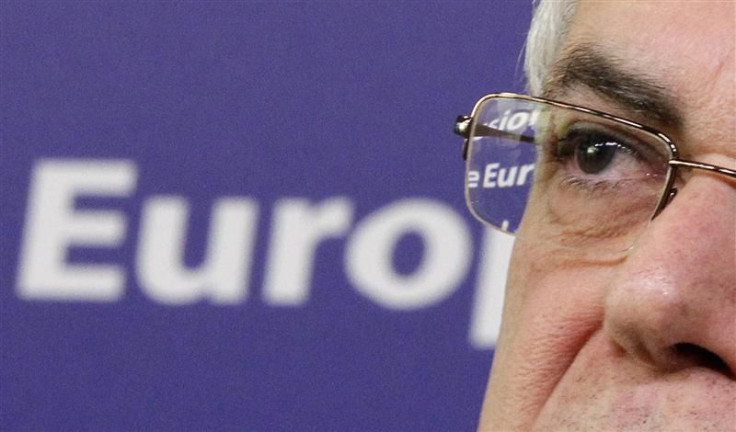Greece May Begin Official Talks to Exit Eurozone in 2012

Greece, one of the worst hit countries in the Eurozone crisis, may begin official negotiations to exit the economic union in 2012, according to Oliver Pursche, co-portfolio manager of GMG Defensive Beta Fund.
Nobody wants to see this (Greece exiting euro) because the implications are severe, said Pursche who said if Greece drops the euro in a dramatic fashion, it would result in a huge flight of capital out of Spain, Italy and Portugal into the northern countries such as Germany, Holland and Denmark.
Because of this, Greece will exit in a more structured and orderly fashion. Pursche said that Greece would likely negotiate to continue paying fifty cents on the dollar for its sovereign debts and then reintroduce the drachma alongside the euro for a three-year timeframe, with the decoupling occurring overtime.
For investors, it's hard to play the upside of this by for example, shorting country-specific ETFs. Central banks will be heavily involved in steering the transitions, and it's never wise to fight central banks. A better strategy: underweight international and emerging market exposure, added Pursche.
Greece is heavily indebted to other Eurozone countries and fears of its problems spreading exists, as the repercussions of the Greek economy will be felt in more mature economies such as Italy. The country owes about $0.5 trillion in foreign debt. The country owes about $56 billion to France, $21.5 billion to Japan, $12.7 billion to the UK, $10 billion to Portugal and $3.8 billion to Italy, according to the latest available data from World Bank/International Monetary Fund (IMF).
© Copyright IBTimes 2024. All rights reserved.











